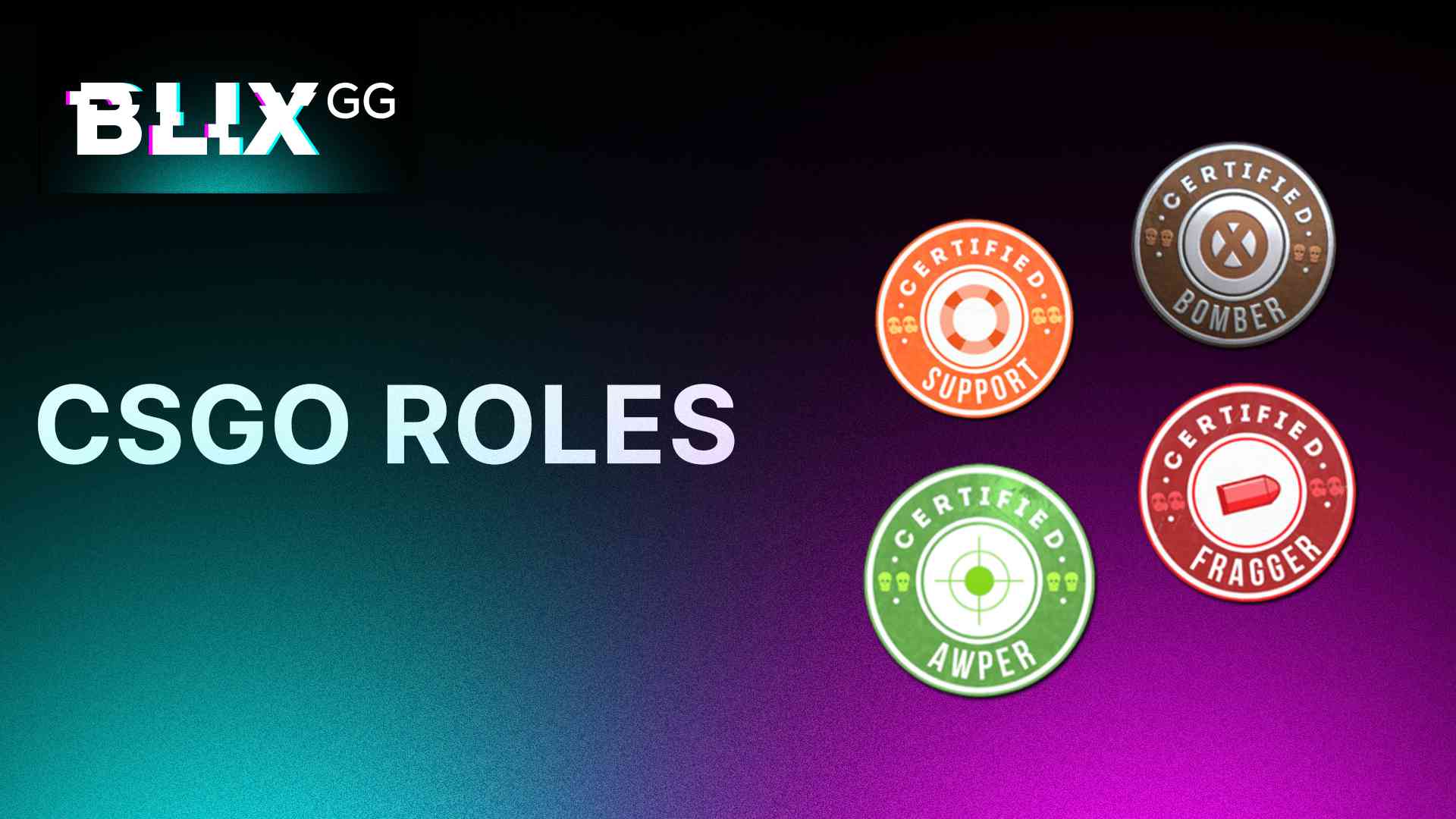Daily Pulse: Global Insights
Your daily source for news and insightful information from around the globe.
Strategy by Serendipity: Unconventional Moves of a CS2 IGL
Dive into the unexpected tactics of a CS2 IGL and discover how serendipity shapes winning strategies! Unlock the unconventional today!
How to Embrace Unconventional Strategies as a CS2 IGL
As a CS2 IGL, embracing unconventional strategies can set your team apart from the competition. Traditional tactics often become predictable, allowing opponents to easily counter your moves. Instead, consider integrating creative plays that utilize the unique strengths of your players. For instance, employ off-roles to catch enemies off guard or experiment with unconventional weapon choices that could throw rivals into disarray. This adaptability not only enhances your gameplay but also fosters a culture of innovation within your team.
To effectively implement these unconventional strategies, communication is key. Make sure your team is on board with trying new approaches, and hold discussions to brainstorm unique game plans. You can use tools like map analysis and player feedback to refine your strategies over time. Consider attending local tournaments or scrims to test these ideas in real-game situations. Remember, embracing the unexpected can lead to surprising victories that might change the course of your competitive season.

Counter-Strike is a highly popular first-person shooter game that emphasizes teamwork, strategy, and skill. Many players often encounter challenges, such as being unable to establish a connection with the gameserver cs2, which can affect their gaming experience. Despite these issues, the competitive nature and engaging gameplay keep players returning to this iconic franchise.
Mastering the Unexpected: Key Lessons from Notable CS2 IGLs
Mastering the Unexpected in Counter-Strike 2 (CS2) requires from in-game leaders (IGLs) not just strategic foresight, but also the ability to adapt to unpredicted scenarios. Notable IGLs like ole' 'Karrigan' have mastered this art by incorporating fluid tactics that allow their teams to respond effectively when the unexpected unfolds. These leaders emphasize the importance of fostering communication and synergy among team members, which becomes crucial when the match takes an unforeseen turn. The ability to relay changes in strategy on-the-fly can turn potential defeats into surprise victories, reinforcing the team's resilience and adaptability.
Furthermore, the lessons gleaned from these IGLs focus on the psychological aspect of the game. For example, 'Gla1ve' is known for instilling confidence and a focused mindset within his roster, encouraging players to embrace uncertainty rather than falter under pressure. By creating an environment where experimentation is welcomed and players feel safe to take calculated risks, teams can cultivate a culture of innovation that leads to unexpected triumphs. As you strive to master the unexpected in CS2, remember that embracing adaptability and psychological strength can be just as significant as tactical preparation.
What Makes an Effective IGL in CS2: Strategies Beyond the Norm?
In the fast-paced world of CS2, an effective in-game leader (IGL) plays a critical role in guiding their team through complex strategies and unpredictable scenarios. An IGL must possess a deep understanding of both the game mechanics and their team’s strengths and weaknesses. One strategy that stands out is utilizing effective communication during critical moments. A successful IGL maintains clear and concise communication, ensuring that every team member knows their role and responsibilities. This allows for quick adjustments and decisions that can turn the tide of a match.
Moreover, an effective IGL goes beyond mere tactical calls by fostering team cohesion and morale. Implementing techniques such as team-building exercises and encouraging open dialogue can instill confidence and unity within the squad. An IGL should also be keenly aware of the meta and be adaptable, allowing them to evolve strategies as the game progresses. By integrating these approaches, an IGL not only enhances the team's performance but also prepares them for the unforeseen challenges that often arise in competitive matches.